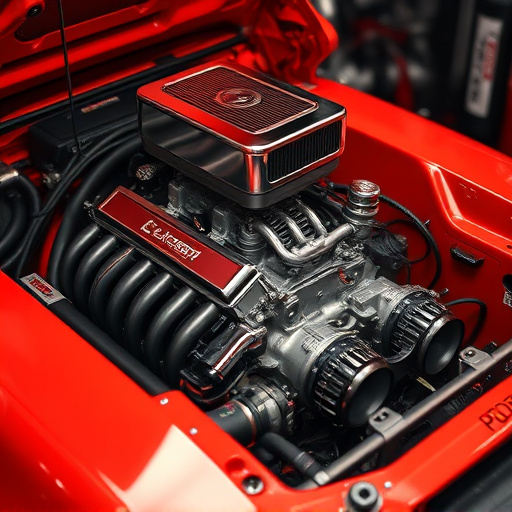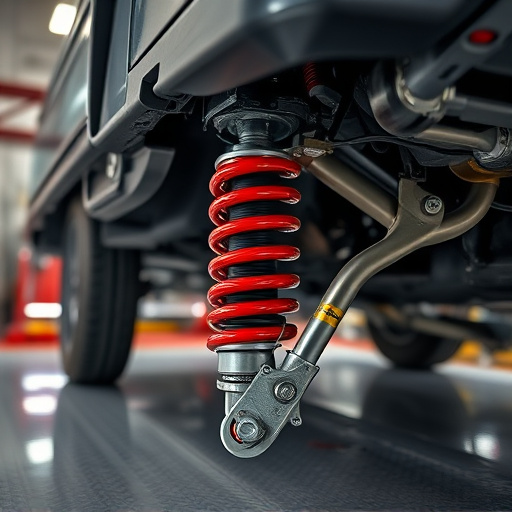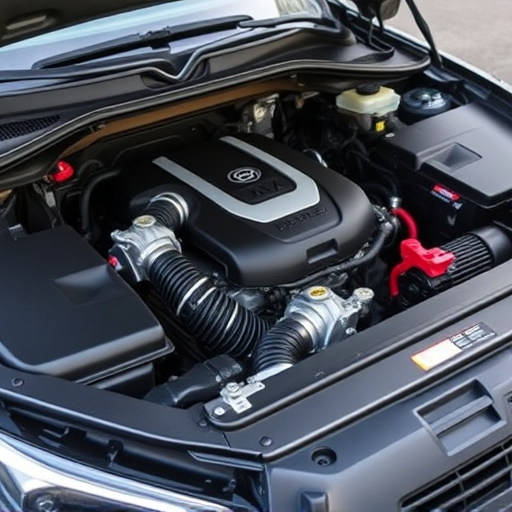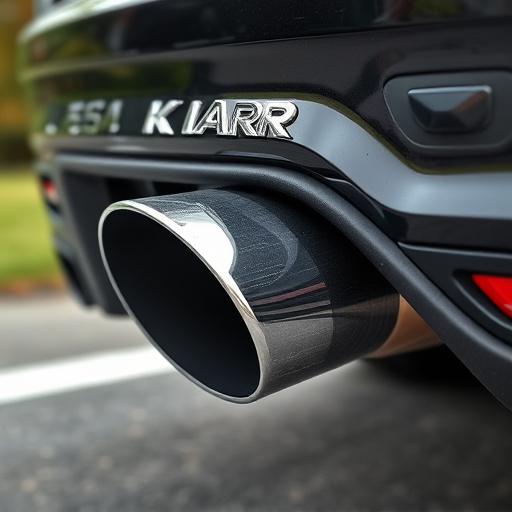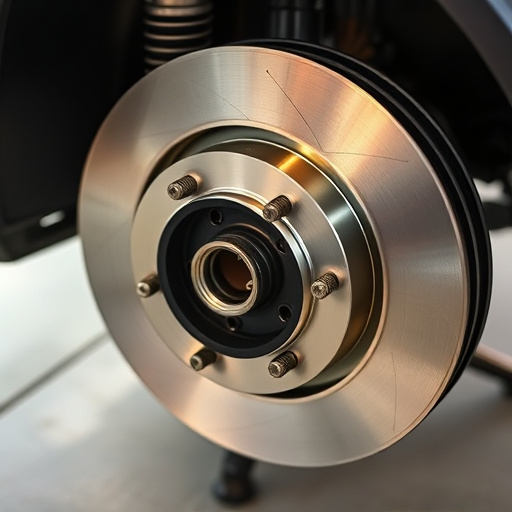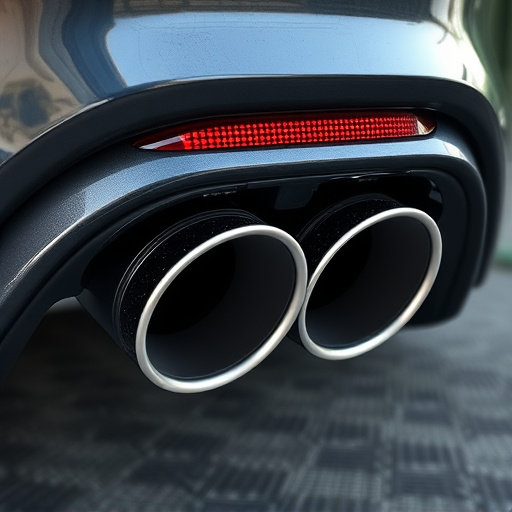Dry air filters are crucial for maintaining vehicle performance and efficiency, especially in humid regions or cars with high-performance brakes and suspension. They eliminate moisture and contaminants from incoming air, facilitating optimal combustion within the engine. This results in improved fuel economy, reduced wear on components, and enhanced overall power output, making them a cost-effective upgrade for better vehicle health and performance.
Dry air filters are a simple yet powerful tool for enhancing vehicle performance, particularly in improving fuel economy. This article delves into the science behind these filters and their ability to optimize airflow, leading to a slight but notable increase in fuel efficiency. We explore how dry air filters work, their impact on engines, and practical tips for integration, ensuring your vehicle runs at peak condition. Understanding this component’s functionality can help drivers make informed choices for better gas mileage.
- Understanding Dry Air Filters and Their Functionality
- Impact on Fuel Efficiency: The Scientific Explanation
- Integrating Dry Air Filters for Optimal Vehicle Performance
Understanding Dry Air Filters and Their Functionality
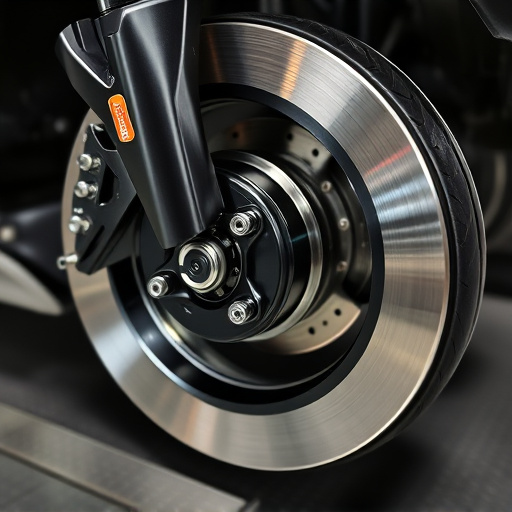
Dry air filters are designed to remove moisture and contaminants from the air entering an engine, ensuring that only clean, dry air is available for combustion. This simple yet crucial component plays a significant role in maintaining optimal vehicle performance and efficiency. By preventing water vapor and dust particles from reaching the engine, dry air filters contribute to improved fuel economy and overall engine health.
These filters are particularly useful in regions with high humidity or for vehicles equipped with performance brakes and suspension kits. They can help prevent the buildup of moisture on brake rotors, ensuring consistent braking performance. Moreover, by maintaining dry air throughout the engine, dry air filters support the efficient burning of fuel, leading to a slight but noticeable improvement in fuel economy over time.
Impact on Fuel Efficiency: The Scientific Explanation
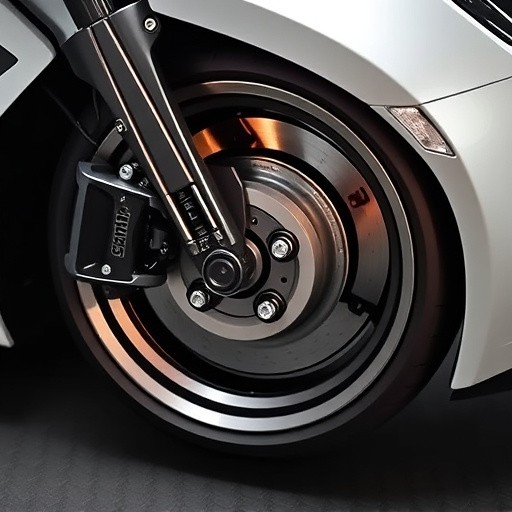
The impact of a dry air filter on fuel efficiency is rooted in the scientific principle that clean and dry air allows for optimal combustion within an engine. When an air filter becomes dirty or moist, it restricts the flow of air to the engine, reducing its efficiency. By maintaining a dry air filter, drivers can ensure that their vehicle’s intake components receive a steady supply of unfettered air.
This process is crucial as it optimizes the ratio of air to fuel in the combustion chamber. An adequate air-fuel mixture enhances the performance brakes of the engine, resulting in improved fuel economy. Additionally, clean air aids in better vaporization of fuel, which, in turn, facilitates more efficient burning and reduces wastage. Dry air filters support these processes, ensuring that vehicles operate at peak efficiency, leading to slightly but noticeably improved fuel economy over time.
Integrating Dry Air Filters for Optimal Vehicle Performance
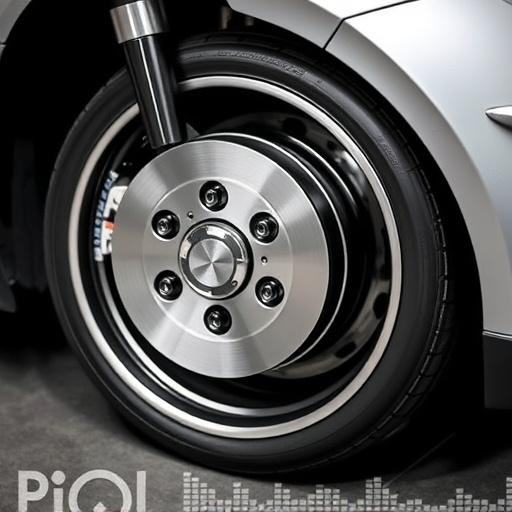
Integrating dry air filters into your vehicle’s system can significantly impact its overall performance. These advanced filters are designed to remove moisture and contaminants from the incoming air, ensuring that your engine receives clean, dry air. This is particularly beneficial for vehicles equipped with cold air intakes or performance exhaust systems, as it optimizes air-fuel ratios, enhances combustion efficiency, and improves overall power output.
By using a high-quality dry air filter, you can expect a slight boost in fuel economy due to the reduced load on the engine. Additionally, clean air intake promotes efficient airflow through the air intake systems, contributing to smoother operation and potentially extending the lifespan of your vehicle’s critical components. This simple upgrade is a cost-effective way to unlock hidden performance potential and maintain optimal vehicle health.
Dry air filters play a surprising yet significant role in enhancing vehicle performance, particularly by subtly improving fuel economy. By removing moisture and contaminants from the airflow, these filters contribute to more efficient combustion, leading to reduced fuel consumption. Integrating a high-quality dry air filter can thus be a simple yet effective strategy for owners looking to optimise their vehicle’s running costs without compromising performance.





